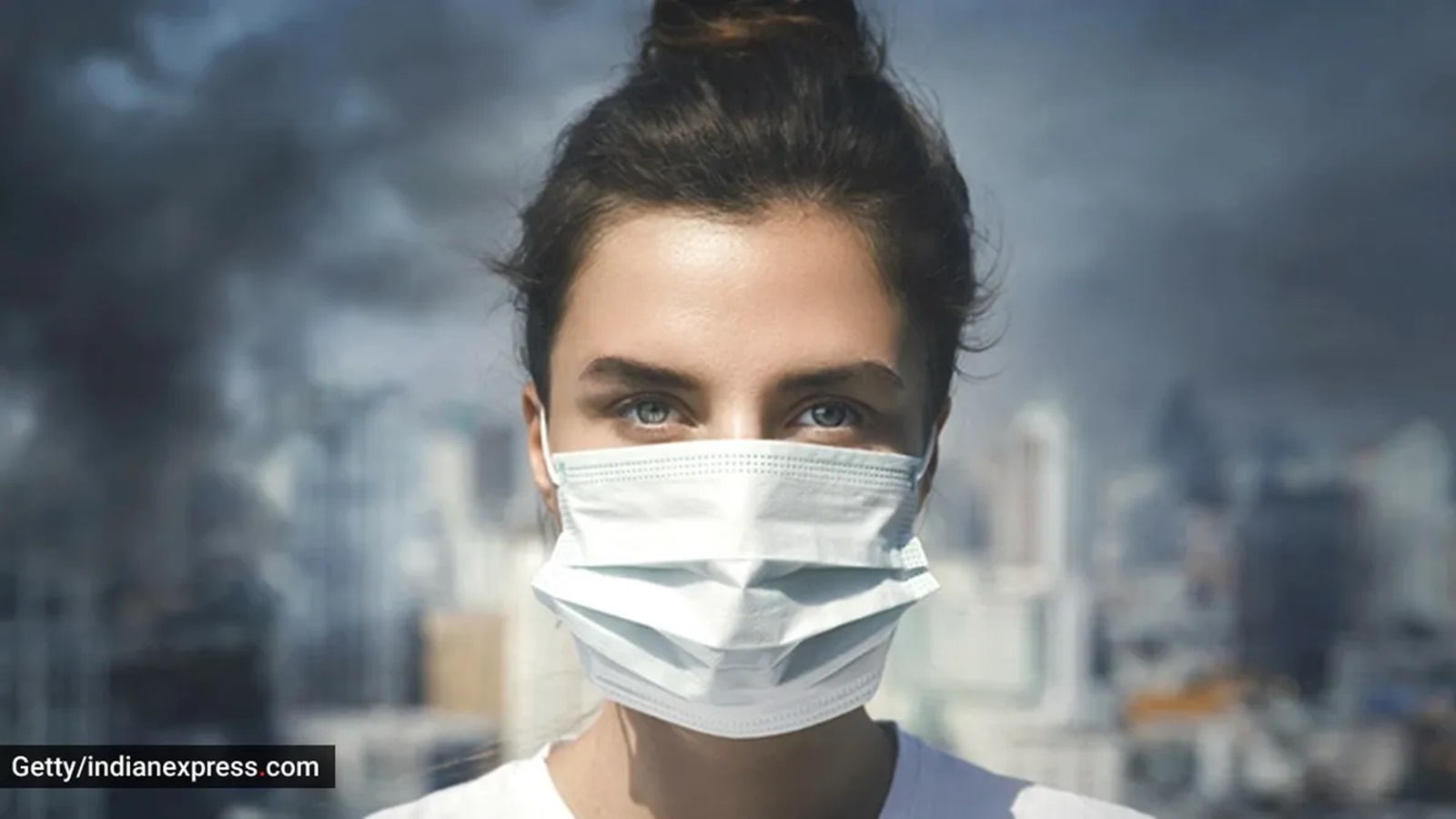
ALL YOU NEED TO KNOW ABOUT FLIRT, THE NEW COVID-19 VARIANT DETECTED IN THE US
Here's what to understand about the new Covid-19 variant (Source: Getty Images/Thinkstock)
There's a new group of Covid-19 variants within the Omicron JN.1 lineage "which have demonstrated increased transmissibility and immune resistance". Detected in the United States, this variant group has been named Severe Acute Respiratory Syndrome Coronavirus 2 (SARS-CoV-2) FLiRT variant KP.2, and is a spinoff of JN.1.11.1. Reports suggest that it is rapidly spreading in the US. According to the US Centers for Disease Control and Prevention (CDC), this FLiRT variant accounted for around 25 per cent of new sequenced cases for the two weeks ending April 27, 2024.
"The rapid emergence and diversification of the JN.1 variant and its descendant, KP.2, which shows significant alterations in spike (S) protein structure and increased resistance to existing vaccines, underscore the necessity for further research to understand the implications for public health and vaccine development," read a medical.net news report.
Here's what to know about the variant's symptoms, transmissibility, and precautionary measures you need to take.
Where does the name come from?
The letters of FLiRT variation are derived from the technical names of the mutations: F and L are included in one, and R and T which is included in another.
Symptoms
The symptoms are similar to Omicron, said Dr Manjusha Agarwal, senior consultant, internal medicine, Gleneagles Hospitals Parel Mumbai. "One will experience sore throat, cough, congestion, tiredness, headache, muscle or body aches, runny nose, fever or chills, loss of smell and taste, or even breathlessness in extreme cases," said Dr Agarwal.
Transmissibility
This variant is highly transmissible and can impact immunity and overall health, emphasised Dr Agarwal. "This variant spreads via respiratory droplets of the person to others, or touching infected surfaces such as faucets, furniture, elevator buttons, kitchen countertops, or coming in close contact with the person who is sick with this variant," said Dr Agarwal.
Symptoms include cough and sore throat (Source: Getty Images/Thinkstock)
Prevention
It is essential to prevent the infection of this variant, by following Covid-appropriate steps of practicing social distancing, masking, hand sanitising, avoiding public places, limiting visitors at home, not coming in close contact with sick people, staying isolated when one has symptoms such as high fever, sore throat and loss of smell and taste. "Getting vaccinated is the need of the hour to protect yourself and the community from these potentially life-threatening infections. However, people shouldn’t panic and take utmost care of themselves," said Dr Agarwal.
Who needs to be extra careful?
Children, pregnant women, those with comorbidities such as diabetes, high blood pressure, and cancer, and the elderly population should be extra vigilant when it comes to their well-being, urged Dr Agarwal.
Is there a cause for concern?
With the onset of summer, we do get an increase in viral infections like Covid-19 variants, urged Dr Agarwal. "There is no cause for concern because now we are seeing that the Covid-19 variants are relatively getting milder and there is no serious illness that is associated with Covid. So, no cause for concern. Just follow basic precautions and consult your doctor when you get any cold, cough, or fever for more than three days," said Dr Agarwal.
For the latest news from across India, Political updates, Explainers, Sports News, Opinion, Entertainment Updates and more Top News, visit Indian Express. Subscribe to our award-winning Newsletter Download our App here Android & iOS
2024-05-07T13:43:26Z dg43tfdfdgfd